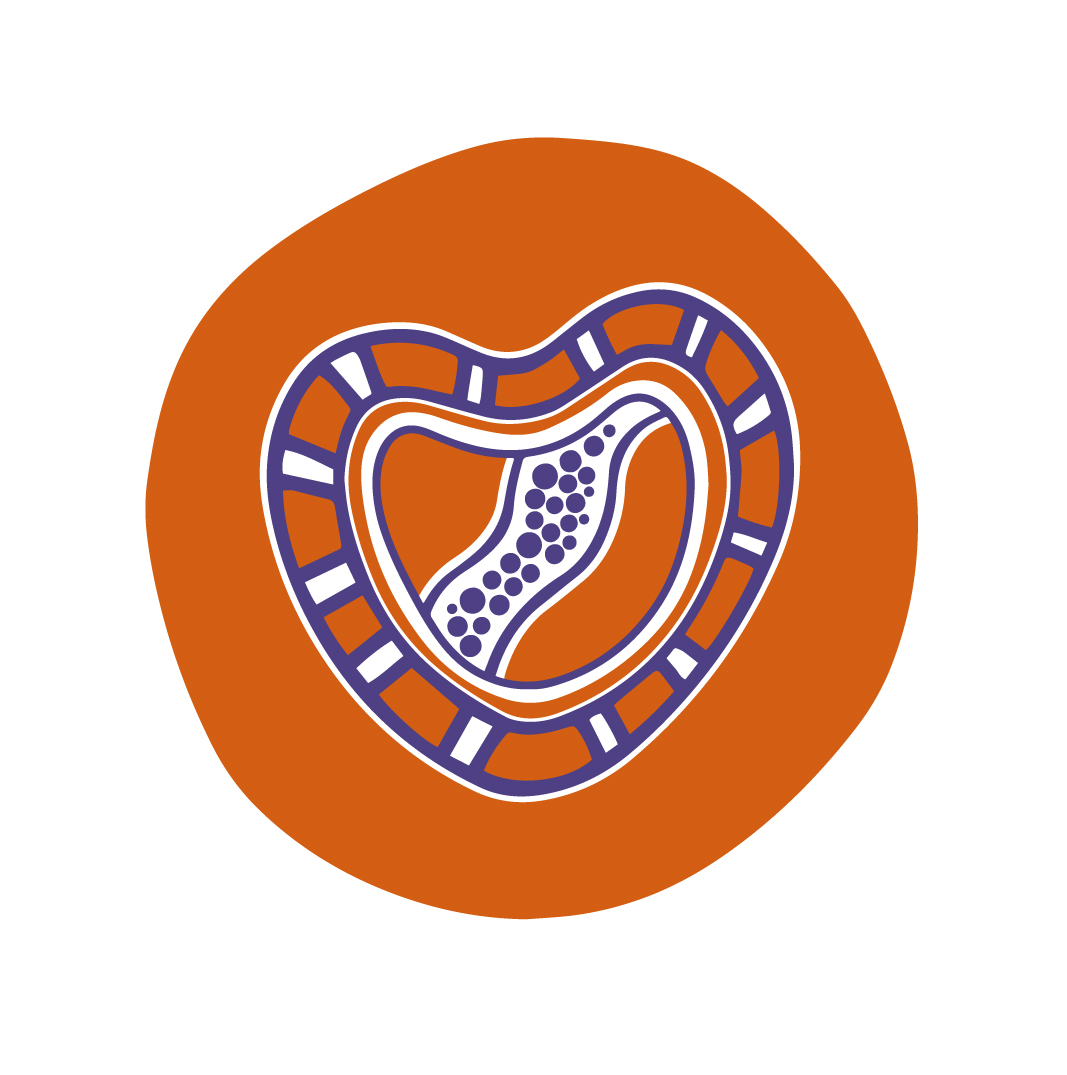Search
Research
Topical antibiotics for chronic suppurative otitis mediaChronic suppurative otitis media (CSOM), sometimes referred to as chronic otitis media, is a chronic inflammation and often polymicrobial infection (involving more than one micro-organism) of the middle ear and mastoid cavity, characterised by ear discharge (otorrhoea) through a perforated tympanic membrane.
Research
What influences the implementation of health checks in the prevention and early detection of chronic diseases among Aboriginal and Torres Strait Islander people in Australian health careThis review aims to systematically identify contextual and mechanistic factors that contribute to the success or failure of implementing effective HCs in the prevention and early detection of chronic diseases among Aboriginal and Torres Strait Islander people in Australian primary health care (PHC).
Research
Population pharmacokinetics of penicillin G: insights into increased clearance at low concentrations to guide development of improved long-acting formulations for syphilisAlthough benzylpenicillin (penicillin G) is listed by the World Health Organization as an Essential Medicine, dose optimization is a persistent challenge, especially for long-acting intramuscular formulations. Maintaining sustained antibiotic exposure at target concentrations is crucial for secondary chemoprophylaxis of rheumatic heart disease and treatment of syphilis.
Research
Reach: to stop rheumatic heart diseaseReach works to promote the health of vulnerable populations by providing technical support to local, regional and global efforts to prevent and control rheumatic fever and rheumatic heart disease (RF/RHD).
Research
RHD Screening Program - GE HealthcareThis project aims to empower local clinicians with skills and knowledge of using handheld echocardiography (HAND) that will allow for mobile service provision into remote Indigenous communities.
Research
START: Towards a diagnostic test for rheumatic feverIn this study we will use new methods to comprehensively test immune responses in blood samples from people with ARF (diagnosed using the Jones Criteria) and healthy volunteers at Royal Darwin and from Auckland Hospital, New Zealand, to find any unique signature that reliably identifies ARF.
Research
STopping Acute Rheumatic Fever Infections to Strengthen Health (STARFISH)STopping Acute Rheumatic Fever Infections to Strengthen Health (STARFISH) brings together a diverse and multidisciplinary research team to investigate the most effective environmental health initiatives (EHIs) aimed at reducing Strep A infections and prevent Acute Rheumatic Fever (ARF).

Research
The END RHD CRE: Developing an end game for rheumatic heart disease in AustraliaThe END RHD CRE will undertake a number of projects across several disciplines of research including epidemiology, biomedical sciences; implementation and translation; and understanding the RHD community with a special focus on documenting the experiences of those living with the disease.
Research
The NZ BPG Pharmacokinetics StudyThis work will be undertaken in collaboration with The Kids Research Institute Australia and Australian based research teams to better understand how Penicillin works in Māori and Pacific children/teens who receive monthly BPG injections.
Research
Working Towards a Better Understanding of ARFGoal: Characterize the pattern of contemporary and endemic ARF and develop a biological signature to improve sensitivity and specificity of ARF diagnosis.
